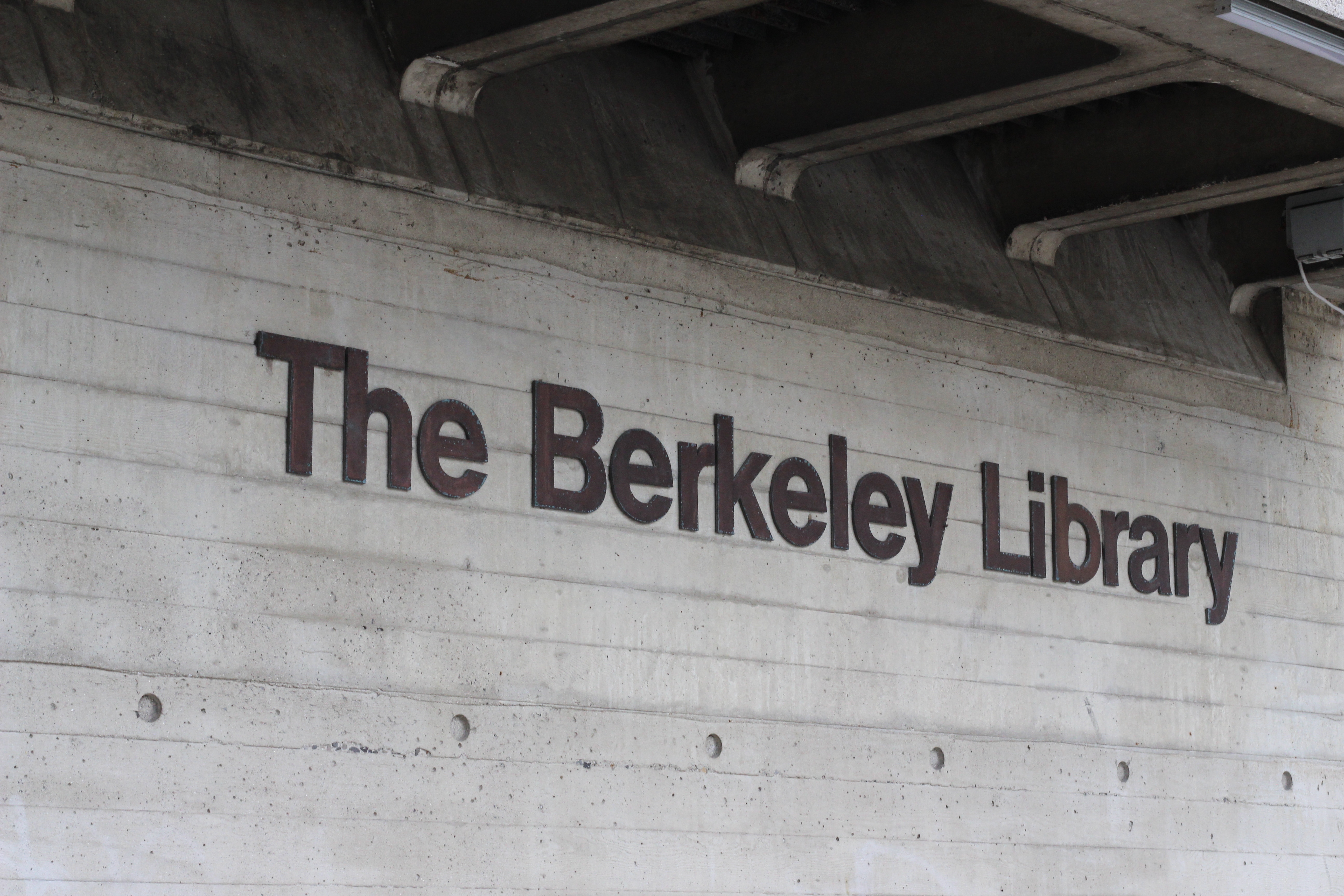The Legacies Review Working Group has received 90 submissions regarding the renaming of the Berkeley Library, also known as the X Library.
Submissions to the working group closed yesterday. A spokesperson for College said that a significant number of submissions were made in the final days before the deadline.
Many of these recent submissions are not yet public but will be shared in the coming days.
Tasked with assessing College’s historical legacy, the Legacies Review Working Group, composed of student representatives, unions and academics, invited “evidence-based” submissions from the public on the renaming of the library.
This came after the year-long Trinity Colonial Legacies Project, which similarly sought to examine the connection between College and historical colonialism, released a paper detailing the “slave-owning activities” and “ideological support for the slave system and settler colonialism” of former Church of Ireland Bishop, philosopher, theologian, and Trinity alumnus, George Berkeley.
The renewed scrutiny on the memorialisation of George Berkeley was motivated by the Black Lives Matter (BLM) protests of Summer 2020, after which College spoke of its renewed “institutional commitment” to address systemic racism.
Submissions to the working group include academics, alumni, the Harvard University Committee to Articulate Principles on Renaming, Trinity Ógra Shinn Féin (ÓSF), The Herald, and other individuals.
For the first time in this more than year-long controversy, there has been a public academic pushback against re-naming, including by a number of Trinity Professors.
David Berman, Trinity Emeritus Professor of Philosophy, claimed he was the first to publish a critique of Berkeley on slavery in an article called Berkeley, Slavery and Christianity in 1981, also publishing similar criticism in his book George Berkeley: Idealism and the man. He claimed that Berkeley was “one of the finest human beings”, also quoting from Andrew Pope’s famous poetic tribute to Berkeley, “To Berkeley, every virtue under Heaven”.
Former College Pro-Chancellor, current College Historical Society (Hist) President and Fellow Emeritus in Genetics, David McConnell claimed that re-naming would cause “great damage to the works of one of the great scholars of this College”. Emphasising that it was not possible to separate the “dancer from the dance”, he said that “we name buildings and commission portraits and choose particular works, to encourage students to learn from others how to become scholars, in particular how to become critical thinkers”.
“The Berkeley Library, with its name in place, seen by thousands of students, by millions of Irish citizens, and by more than a million visitors, offers an opportunity to introduce people to the person and ideas of George Berkeley, and to the intellectual and social challenges which he addressed, including slavery, many of which have not been properly addressed and rectified to this day.”
One submission by Elena Schaa gave two name-change recommendations; the 1904 Library and the Oldham Library, respectively commemorating the year that women were allowed to enter Trinity and the Alice Oldham, a campaigner for women to gain admission to higher education and one of the first female graduates from higher education in Ireland.
Ógra Shinn Féin TCD suggested that the library be named after Irish republican revolutionary and alumnus of Trinity, Theobald Wolfe Tone. They suggested that “To keep a library named after him in his honour would highlight the shameless lack of effort to end ties with what was a nefarious past”. “We urge Trinity College Dublin to separate itself from its imperialist past, and to wholeheartedly embrace a progressive future”.
Andrew Lynch of The Herald asked the question: “where do we draw the line?”. Suggesting that the recent push for renaming is a sign of things to come, he worried that individuals such as Artur Griffith, Pádraig Pearse and Daniel O’Connell could also fall victim to de-naming, stating: “Even a great philosopher like Bishop Berkeley might struggle to find an answer that would keep everyone happy.”
The debate over the renaming of the Berkeley Library is clearly not over, and it is hard to imagine a solution to this problem that would satisfy everyone. Berkeley was clearly a uniquely brilliant philosopher and theologian who’s contributions to academia cannot be ignored, but the fact remains that he was also a deeply flawed individual who owned slaves, and justified the continuation of the slave trade.
Additional reporting by David Wolfe.






